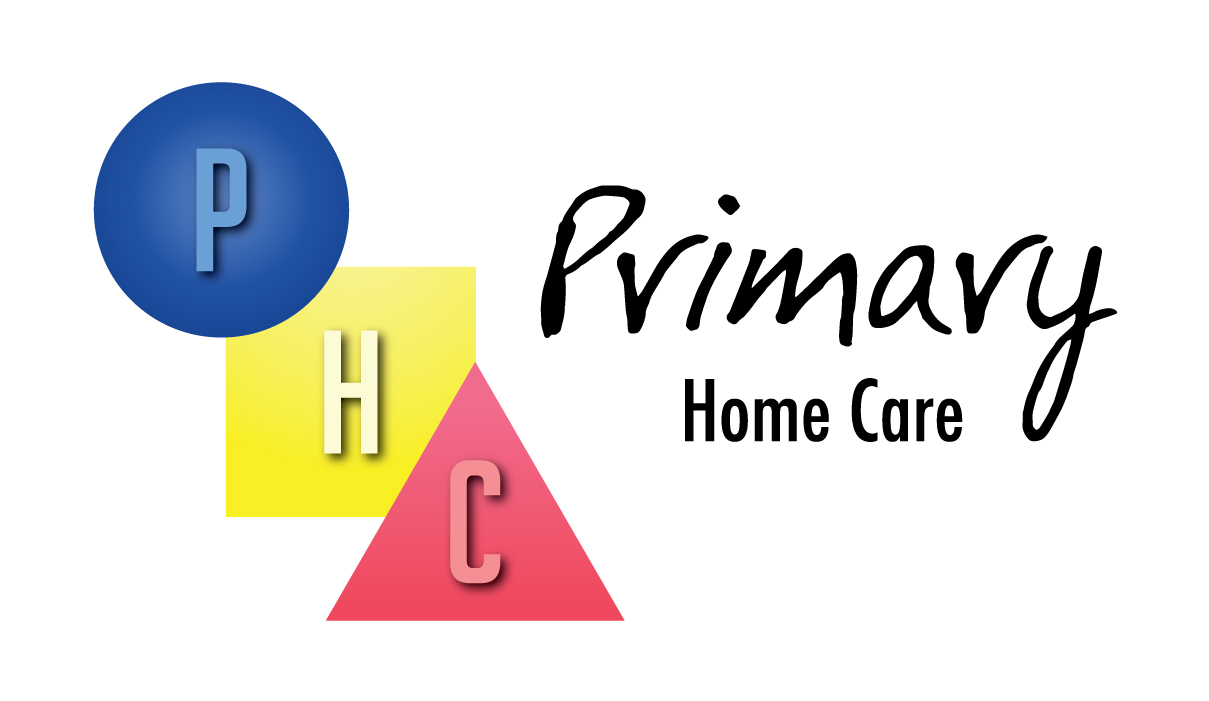HIPAA As technology has advanced, keeping medical information private has become very important to individuals, doctors, hospitals and other service providers.
You likely already know about this issue, maybe having received a statement to read from your doctor, pharmacy or other healthcare professional.
So what is HIPAA and why all the fuss about privacy?
A few years ago, the federal government passed legislation to allow people who had an employer sponsored health insurance plan to be able to be insured by another company if they changed jobs.
This is the Health Insurance Portability and Accountability Act, or HIPAA.
As sometimes happens unrelated issues were attached to this legislation before your congressman voted on it. This thing that was tacked on is what we know as HIPAA.
Three sentences at the end of HIPAA state that healthcare providers must:
Tell you how information they know about you will be used.
And… not share what they know about you with others not involved in your care.
Why did the government get involved?
- Information is power.
- Information in the wrong hands could mean you would be blackmailed, or a diagnosis or condition used against you.
- Insurance companies might decide to pay claims or not pay claims based on what they know about you.
- Or, charge you more than another because of an illness or condition.
Why is this a big deal for Home care?
- We’re not just an office, we’re actually seeing the client at their home.
- We’re privy to details about medical conditions etc.
- It’s Federal Law.
Primary Home Care has policies and procedures in place to make sure that information about our clients, our caregivers and office staff is protected.
Following these rules is called being ‘in compliance’ with HIPAA guidelines.
Primary Home Care guidelines include:
- Filed paperwork (flowsheets) are locked up and only staff who need that information are allowed access.
- Information in the computer system is guarded by passwords and limited access to only those staff who need the information for billing and records review.
- Every Primary Home Care employee has signed an agreement stating that they will maintain confidentiality (and not discuss client/relationships with others not directly involved in that client’s care.)
If you do not remember signing a confidentiality agreement, please stop now and ask for a copy to review.
Following are common examples of information exchanges and ways you can protect yourself from violating HIPAA.





There are many ways to violate the HIPAA policy, at Primary Home Care we’ve come up with these guidelines to assist you in maintaining compliance.
- Secure paperwork by keeping flowsheets, notebooks and folders put away.
- If you are driving around with completed flowsheets, or other information keep it out of sight and lock the car when you exit.
- Shred or destroy paperwork that is no longer needed.
Paperwork:
- Use these guidelines in your own personal life as well.
- Protect passwords.
- Keep sensitive information in a safe place.
In The Client’s Home:
If you are asked to make calls to doctor’s office, pick up prescriptions take care to not discuss details with those not directly involved in any transaction.
Other ideas:
- Secure your personal information, that of family members and those you care for.
- Tips like pressing *67 may keep others with caller “ID” from seeing who you are.
- Use discretion when discussing sensitive information even if it is not a potential HIPAA violation.
Find in the pocket of this binder, a copy of:
- Notice of Privacy Practices (HIPAA)
- Acknowledgement sheet
- PHC Confidentiality Agreement
TAKE HIPAA TEST ONLINE
PRINT ADOBE PDF HIPAA TEST
Answer ALL TEST questions.
Check your answers
Be sure to sign and date the test sheet.
This completes the lesson for this for HIPAA.
Information for this lesson was taken from MEDCOM TRAINEX publications



